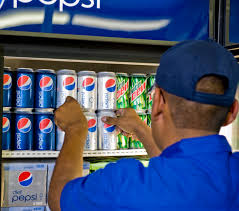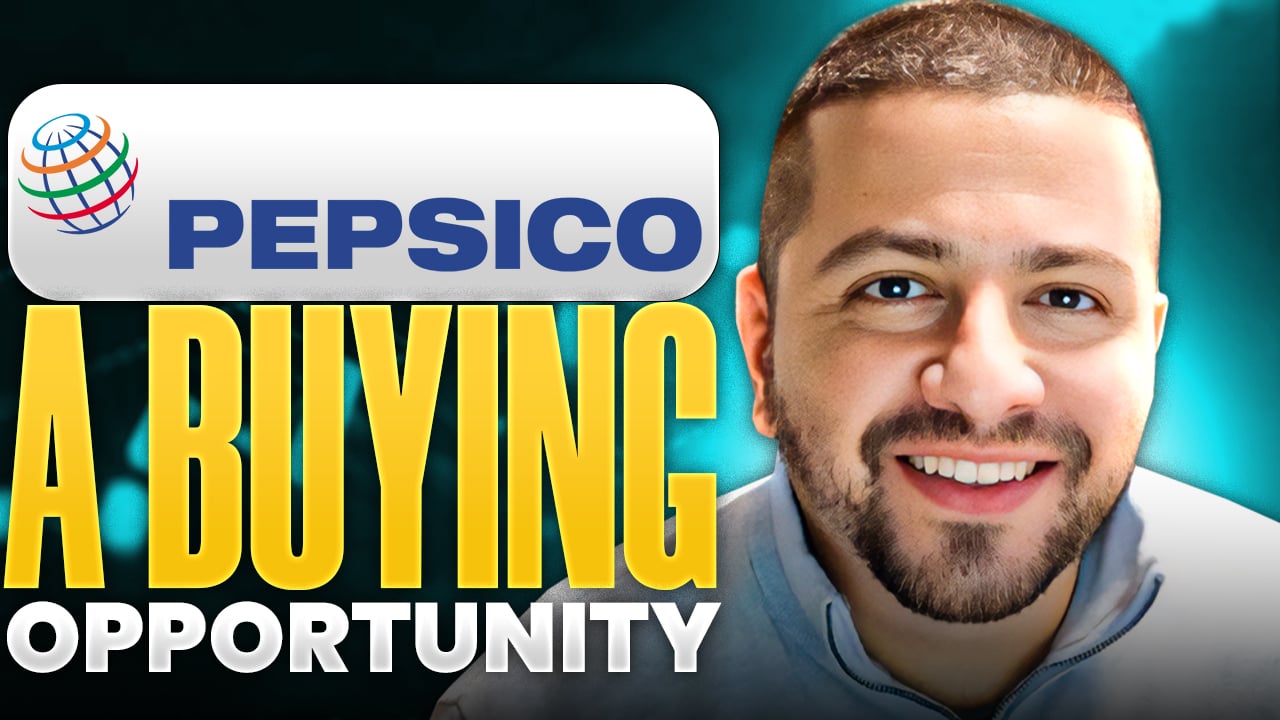As soon as it looked like his battle to break up PepsiCo (PEP +1.70%) was lost, activist investor Nelson Peltz emerged to reaffirm his commitment to splitting the company in two. Peltz told attendees of the Delivering Alpha conference in New York that he would consider initiating a proxy contest to wrest control of PepsiCo's board. PepsiCo's beverage unit underperformed Coca-Cola's (KO +0.28%) in 2013, but the gap has since closed. Still, Peltz's original plan -- to spin off the beverage unit and acquire Mondelez International (MDLZ +2.31%) -- would be an exciting move that could unlock shareholder value. Here's why PepsiCo investors will win no matter what happens.

Better together
If you eat a bag of Fritos, do you reach for a beverage? For PepsiCo CEO Indra Nooyi, the answer is an adamant "yes." Nooyi is decidedly against breaking up her company, arguing that snacks and beverages complement one another. "[Snacks and beverages] are better together, not just in the United States, but around the world," Nooyi said in an interview on CNBC.
The unique combination of the world's leading salty snacks business with the world's No. 2 soft drink business may give PepsiCo a slight edge over Coca-Cola. PepsiCo says it exploits over $100 million worth of operating synergies from the combined snacks and beverage operations.
Coca-Cola must make do without the synergies in its cost structure. Unlike PepsiCo, Coca-Cola is wholly reliant on the beverage market. What Coca-Cola lacks in diversification, however, it makes up for in profitability. The world's largest soft drink company's North American and Latin American operations generated about $5.3 billion in operating income on $26.5 billion in revenue last year. That's a 20% operating margin.
By contrast, PepsiCo Americas Beverage's operating margin was just 14% on $21 billion in revenue during 2013. Although product mix influences profit margin – soft drinks account for most of Coca-Cola's beverage revenue while non-soda beverages account for most of PepsiCo's – it's clear that $100 million is not a game changer on billions in revenue. In fact, the cost savings amount to just 1% of PepsiCo's total operating profit. As a result, the beverage business needs to grow in order to justify the combination.

A better option?
Although there's a strong case for keeping the company intact, there may be an even stronger case for splitting it up. Instead of savoring the small boost to operating profit, PepsiCo could spin off its beverage business and merge with international snacks giant Mondelez International.
The two snack companies are a perfect fit. Between 50% and 70% of PepsiCo's food profits come from food sold in the Americas. Mondelez, on the other hand, makes most of its money in other parts of the world. Nearly two-thirds of Mondelez's profits come from outside the Americas, with 42% coming from Europe. A merger would give both companies exposure to geographies where the other has greater scale and distribution.
In addition, the companies' products complement one another. Mondelez's snack brands – which include Wheat Thins, Ritz crackers, and Oreo – attract the same customers as PepsiCo's portfolio of chips, dips, and oatmeal. The two companies are a natural fit.
Why PepsiCo investors win no matter what
At 20 times earnings, "investors win no matter what" may not be an entirely safe statement. Still, the company's options give investors more ways to make money. If PepsiCo's beverage business regains its footing and starts growing as quickly as it has in the past, investors will be rewarded with a higher stock price.
However, if the beverage business continues to struggle, Peltz could wage a proxy battle that results in a spinoff. Foolish investors know that spinoffs often outperform the market, making corporate divorces a pleasant affair for shareholders.
As a result, PepsiCo shareholders can cheer if profits go up and cheer if profits go down. For how many other companies can you say the same?








